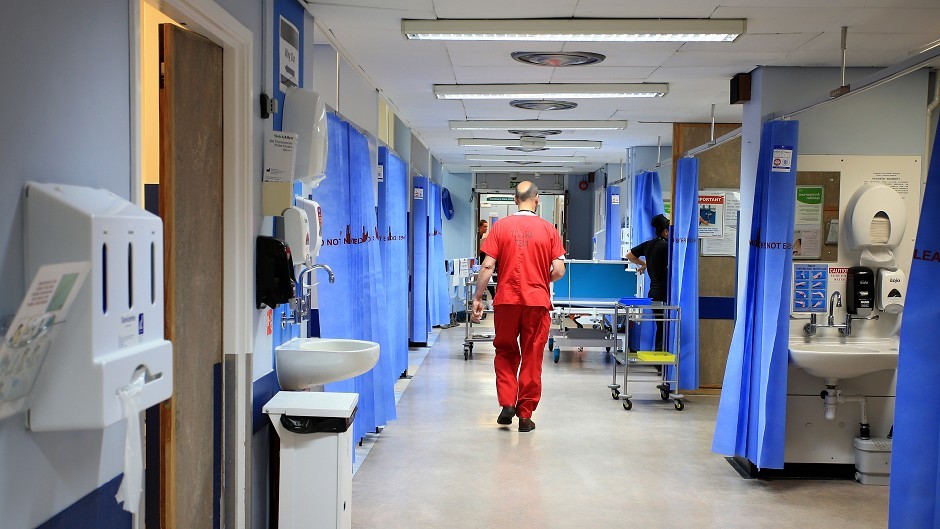Chancellor George Osborne has said the NHS will receive a further £8 billion by 2020.
Delivering his first Tory-only Budget, Mr Osborne said it was clear that the under-pressure health service is in need of additional Government funding and so it would be getting the extra money on top of the £2 billion already committed.
Referring to NHS England’s Five Year Forward View, which had called for the extra cash, Mr Osborne told MPs: “That plan requires very challenging efficiency savings across the health service, which must be found.
“But it also requires additional Government funding.
“Our balanced approach means I can today confirm the NHS will receive, in addition to the £2 billion we’ve already provided this year, a further £8 billion.
“That’s £10 billion more a year in real times by 2020.
“It’s proof that you can only have a strong seven-day NHS if you have a strong economy and it’s proof that the NHS is only truly safe in Conservative hands,” he added.
The Five Year Forward View, which was published last year, forecasts a funding gap of £30 billion by 2020, and set out plans to achieve £22 billion in efficiency savings and said additional funding of £8 billion would be needed.
Mr Osborne’s budget said the NHS will receive £2 billion more than the plan asked for in order for it to “fund the Government’s objectives”, including making the NHS a seven days a week service by 2020/21
As the Tories have previously said, they want to see “hospitals appropriately staffed at weekends to ensure people can obtain the care they need every day of the week”, while everyone will be able to access GP services from 8am – 8pm seven days a week.
“These improvements will allow people to better balance work, health and family and will be a key to a more productive economy,” it said.
Paul Briddock, director of policy at the Healthcare Financial Management Association (HFMA), the representative body for finance staff in healthcare, said urgent clarity was needed on when the extra funding would be made available.
“For NHS organisations to implement the wide-scale changes needed to meet the overall £30 billion NHS financial challenge and become fit for the future it should be front rather than back loaded or risk a further deterioration in the state of NHS finances,” he said.
“Our recent temperature check showed 92% of finance directors don’t feel the health organisations in their area have sufficient resources available to implement the Five Year Forward View without additional support.
“In addition, 78% of provider trust finance directors expect to be in a worse financial position at the end of 2015/15 than they were in 2014/15 and, alarmingly, 63% are forecasting a deficit for the end of this financial year, up by a third compared to the 47% that finished 2014/15 in deficit.
“Finance directors have ambitious plans to save through improving efficiency, from procurement savings to supporting staff to work in different ways.
“While this will help protect and maintain services, we can’t rely on these measures alone to plug the remaining £22 billion gap in NHS finances. Increasing demand for services and an ageing population mean transformation of service provision is the key to a sustainable, fit-for-the-future NHS.
“This will require short-term investment before long term benefits are realised.”
